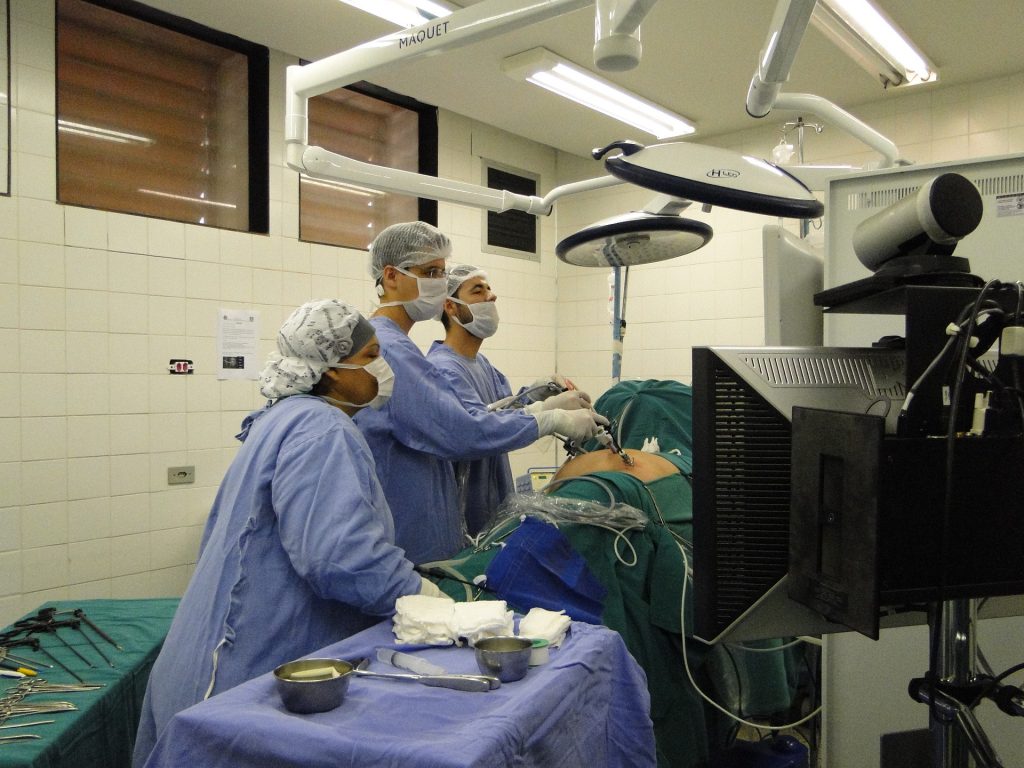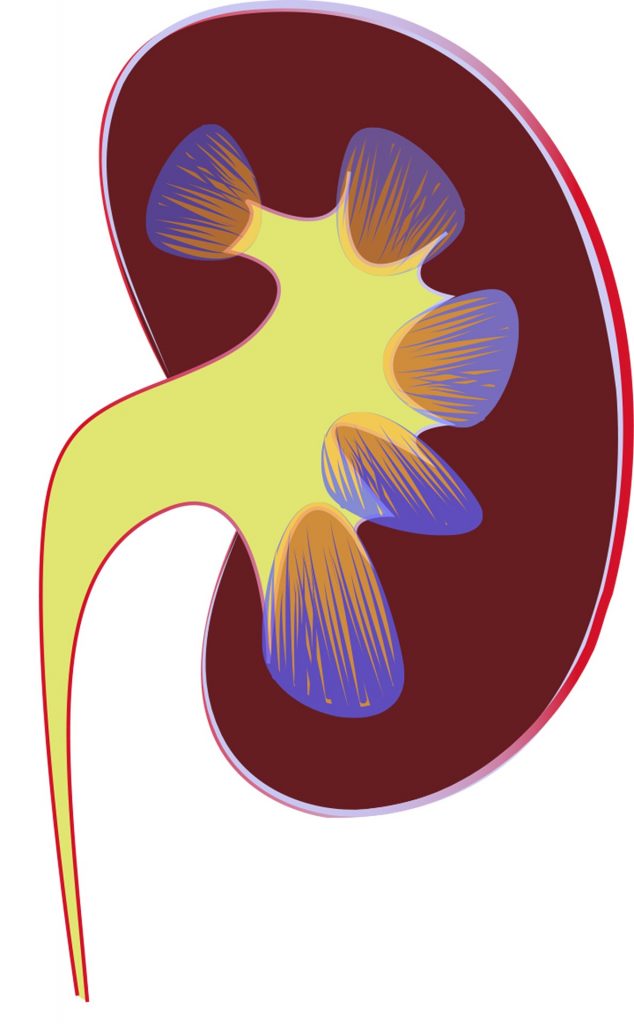Urologic problem can occur at any age. Discussing the urological issues is not easy; for this reason, the urologist to be consulted should be sympathetic towards the patients. The experience and knowledge of the urologist matter a lot in diagnosing the underlying issues. The versatile urologist can handle any complication and suggest the best plan for taking care of the patient. You can google “Urologist near me” to find a good one.

Who Is A Urologist?
A urologist is a specialist who deals with treating urinary disorders and function in males and females. He/she treats issues occurring in adrenal glands, kidneys, ureters, bladder and urethra. As the urinary tract is interconnected with reproductive systems in males, urologists treat both of these in males.
Some urologists also deal with the cancers of the urinary tracts occurring in kidneys, testicles, bladder and prostate. Such urologists are known as urologic oncologists.
What Are The Conditions Treated By A Urologist?
Urologists handle various urological issues and cancers occurring in the urinary tract. The common issues handled by urologist are as follows:
- Problems with urination such as irritation or discomfort
- Incontinence
- Kidney stones
- Blood in urine
- Tumours in the urinary system
- Pain or discomfort
- Urgency to urinate
- Urine leakage
- Infertility
- Impotence (i.e. Erectile dysfunction)
- Enlarged prostate
- Urinary tract infection (UTI)
- Kidney cancer
- Bladder cancer
- Testicular cancer
- Prostate cancer
Procedure Followed By Urologist for Treatment
When a person visits a urologist, he/she may ask to get the following test done for understanding the exact condition of the patient:
- Doing image scans like CT scan, ultrasound, MRI or internal examination of the urinary tract.
- Taking cystogram where X-ray images of the bladder are taken.
- Doing cystoscopy where a thin scope, a cystoscope is used to get inside view the urethra and urinary bladder.
- Performing a post-void residual urine test for finding out the intensity at which the urine leaves the patient’s body during urination. It also reveals the amount of urine left in the patient’s body after urinating. Urologist near me should be found for knowing about the exact procedure.
- Taking the urine sample for checking the presence of bacterial infection.
- Performing urodynamic testing for measuring the pressure and volume inside the bladder of the patient.
Based on the test reports of the patient following treatments can be offered:
- Biopsies of different organs like the kidneys, bladder or prostate
- Cystectomy: It is a treatment for cancer. Here, the bladder of the patient is removed.
- Extracorporeal shock-wave lithotripsy: it is a treatment in which the kidney stones are broken down into small pieces so that these can be easily removed from the body of the patient.
- Kidney transplantation: The diseased kidney is replaced with a new one.
- Opening blockage
- Repairing damage due to injury
- Repairing ill-formed urinary organs
- Prostatectomy: Here, some or all parts of the prostate gland are removed for treating prostate cancer. One can find a urologist near me to know more about this procedure.
- Sling procedure: Here, strips are weaved for supporting the urethra and closing it. It is a treatment for incontinence.
- Transurethral resection of the prostate: Here, extra tissues of the enlarged prostate are removed.
- Transurethral needle ablation of the prostate: This is another procedure for removing extra tissue from an enlarged prostate
- Ureteroscopy: Here, a scope is used for removing kidney and ureter stones.
- Vasectomy: It is a technique used for preventing pregnancy. Here, the vas deferens or the tube sperm for producing semen are cut and tied.
Other tests offered by urologist are as follows:
- Laparoscopic surgery
- Cystectomy
- Robotic surgery
- Adrenalectomy
- Prostatectomy
- Nephrectomy
Things to Be Carried While Meeting A Urologist

One should carry these things while meeting a urologist:
- Blood and urine test reports conducted on the suggestion of a general physician.
- List of medicines regularly taken.
- Notes about the symptoms or pain experienced.
Ways to Find A Urologist Near You
The very first step for getting the treatment from a urologist is taking an appointment. However, before taking an appointment the very first step is to find a urologist near me. The urologist can be found through the following sources:
- Asking the general physician for reference: The general physician is already aware of the medical history of the patient. He/she can give the best recommendations regarding the nearby urologist. So his/her advice should be given due consideration.
- Asking family, friend and colleagues: “The word of mouth,” can be the best advice regarding the urologist. Those who have dealt with a urologist in the past can tell the best regarding this matter.
- Searching online: One can also get the list of urologist available in the nearby area by searching online.
Urologist near me can help in diagnosing the exact problem of the patient and can help in offering the best solution.